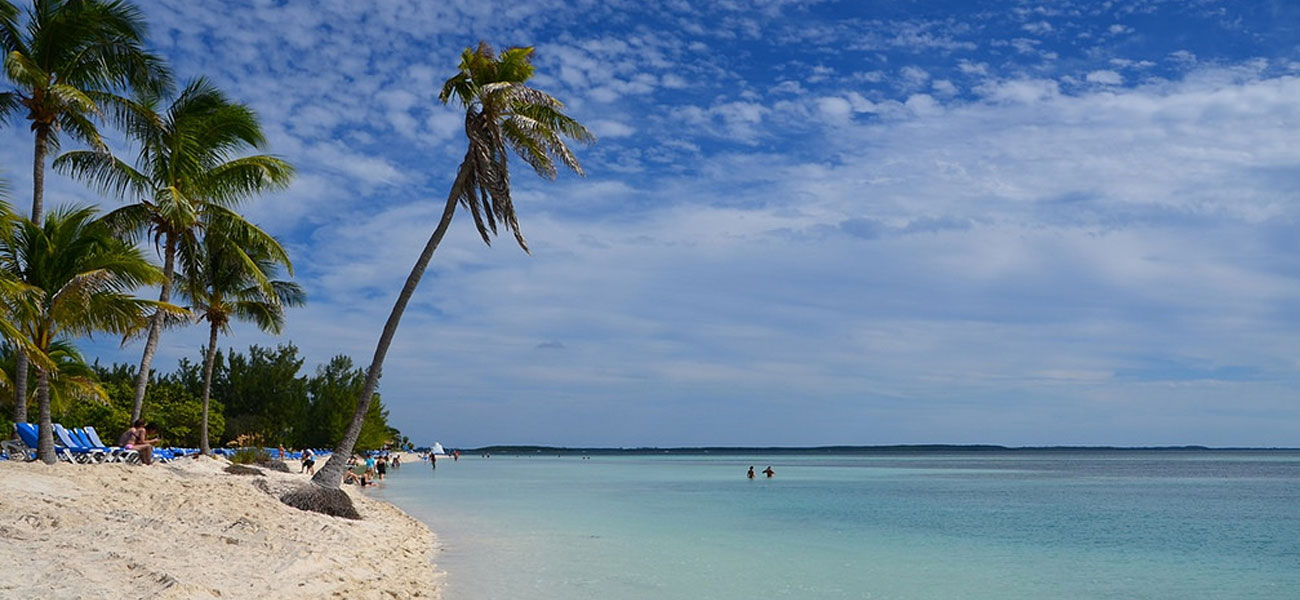[ad_1]
Fyre Festival hit the headlines the world over in 2017 and this year finally reached a settlement with 277 ticket holders.
The US Bankruptcy Court in the Southern District of New York approved a class action settlement with each ticket holder to receive $7,220 in pay-outs. The news came almost four years after the $100m class action lawsuit was initially filed.
The festival had been originally marketed as a luxury event in the Bahamas, with some tickets costing as much as $100k.
Moving further into the year bought good news in terms of the pandemic, with the UK’s biggest music concert in more than a year took place. Around 5,000 fans were allowed to gather in Liverpool’s Sefton Park for a sold-out gig by indie band Blossoms. The event was part of the UK Government’s Event Research Programme (ERP).
In Ireland, there was a boost for the war on ticket touts as an anti-ticket-touting bill was signed off by the Cabinet, four years after it was first put forward. The Sale of Tickets (Cultural, Entertainment, Recreational and Sporting Events) Bill 2020 aims to prevent the selling of tickets for more than their face value.
In Bogotá, Colombia, the Movistar Arena reopened its doors following the pandemic with the musical Chavela por Siempre Vargas. It was the first venue in Latin America to open its doors at the end of March with 12 shows and welcomed more than 8,000 attendees at the 14,000-capacity arena over 11 dates.
Image: A. Duarte/CC BY-SA 2.0/Edited for size
[ad_2]
Source link


